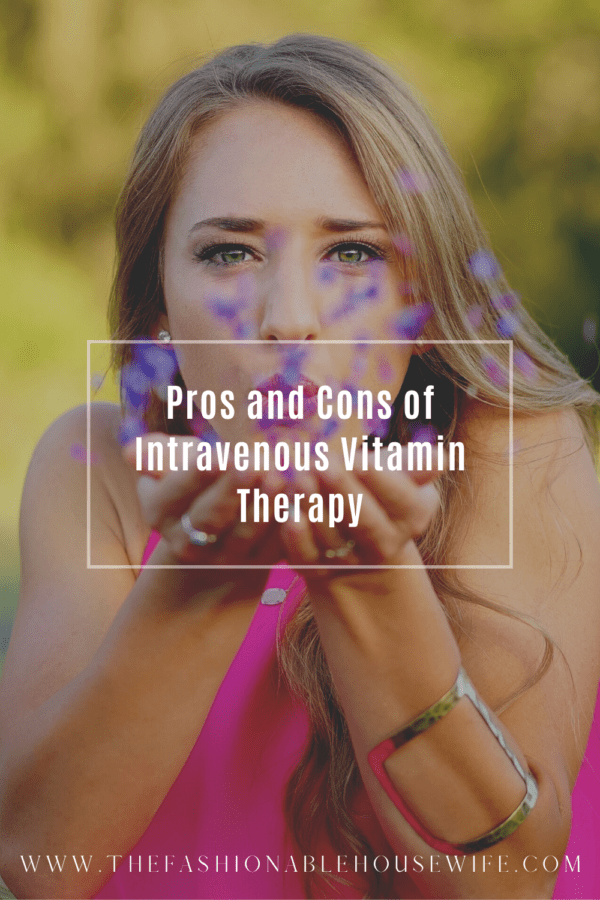
A quarter or more of individuals between 20s and 30s take some form of dietary supplement. Obviously, ones who are older are typically recommended vitamin and mineral complexes for organism support.
What are the drips for IV administration? Simply blood-compatible liquids mixed with minerals, vitamins, and aminos for intravenous administration. Let’s find out how advantages they are and what are limitations of such supplement delivery methods.
Strengths of Intravenous Vitamin Therapy
Here’s what IV therapies have to offer:
- The best absorption rate. 99% absorption is a pretty great result compared to 30% with tablets. It means IV delivers more benefits per dollar spent.
- Extra hydration. Unlike any other supplementation, IV fluids hydrate the body and fix the poor water-salt balance, which is a useful benefit even on its own.
- Relaxation. A 45-minute relaxation session is what none of the other means of supplementation can offer you.
- Complex approach. With tablets, you have to purchase vitamins, minerals, and aminos distinctly. With IV, you have them all optimally matched in one drip of your choosing.
As you can see, intravenous vitamin treatment is worth its salt.
Weaknesses of Intravenous Vitamin Therapy
And some of their limitations to consider:
- Hardly can be done without assistance. The actual difficulty is that not every healthcare provider can safely administrate an IV drip themselves without any assistance. That’s why typically, IV Therapy is a complex service, including the administration of a fluid done by a certified nurse.
- Have some restrictions imposed on a patient. Actually, the requirements for anyone willing to have an IV are: Be over 12 years old, have parental consent if under 18, and weight 100+ lbs. (45.3 kg roughly). It’s because the administration of a fluid implies adding it to the blood flow. Individuals with a comparatively low volume of blood may not withstand therapy side-effects-free.
These cons are really not crucial, easily avoidable, and more of the safety of the procedure.
Final Take
Do you wonder why nothing was said about the cost of intravenous drips? Actually, supplements, even ones in oral form, may cost somewhere between $10-1000. So, there is actually no point in discussing how expensive the procedure is. On average, it’s not more costly than purchasing branded vitamin supplements regularly.
Consider requesting IV therapy services from a reliable provider only. This will ensure the safety of administration and quality of the IV fluids.




